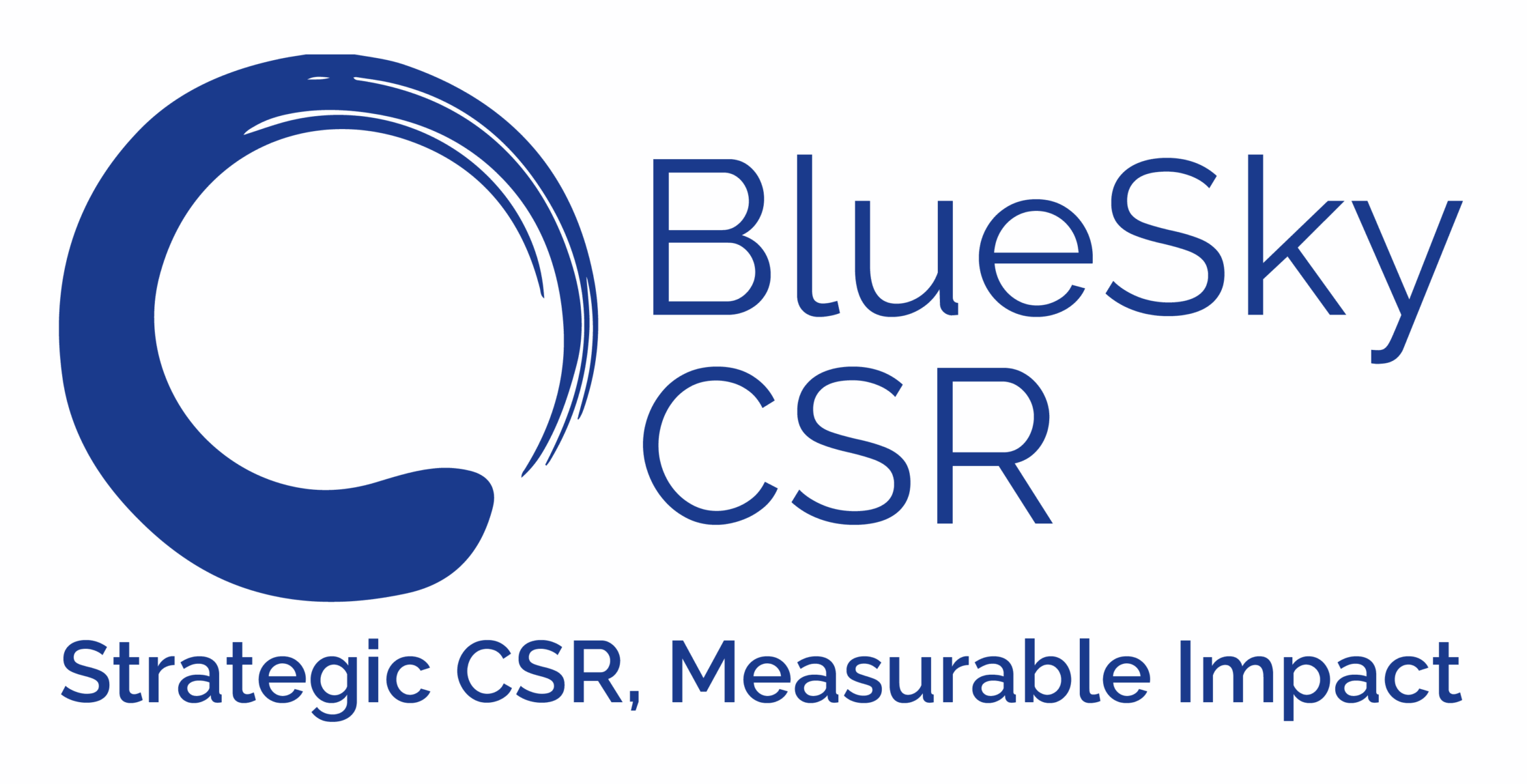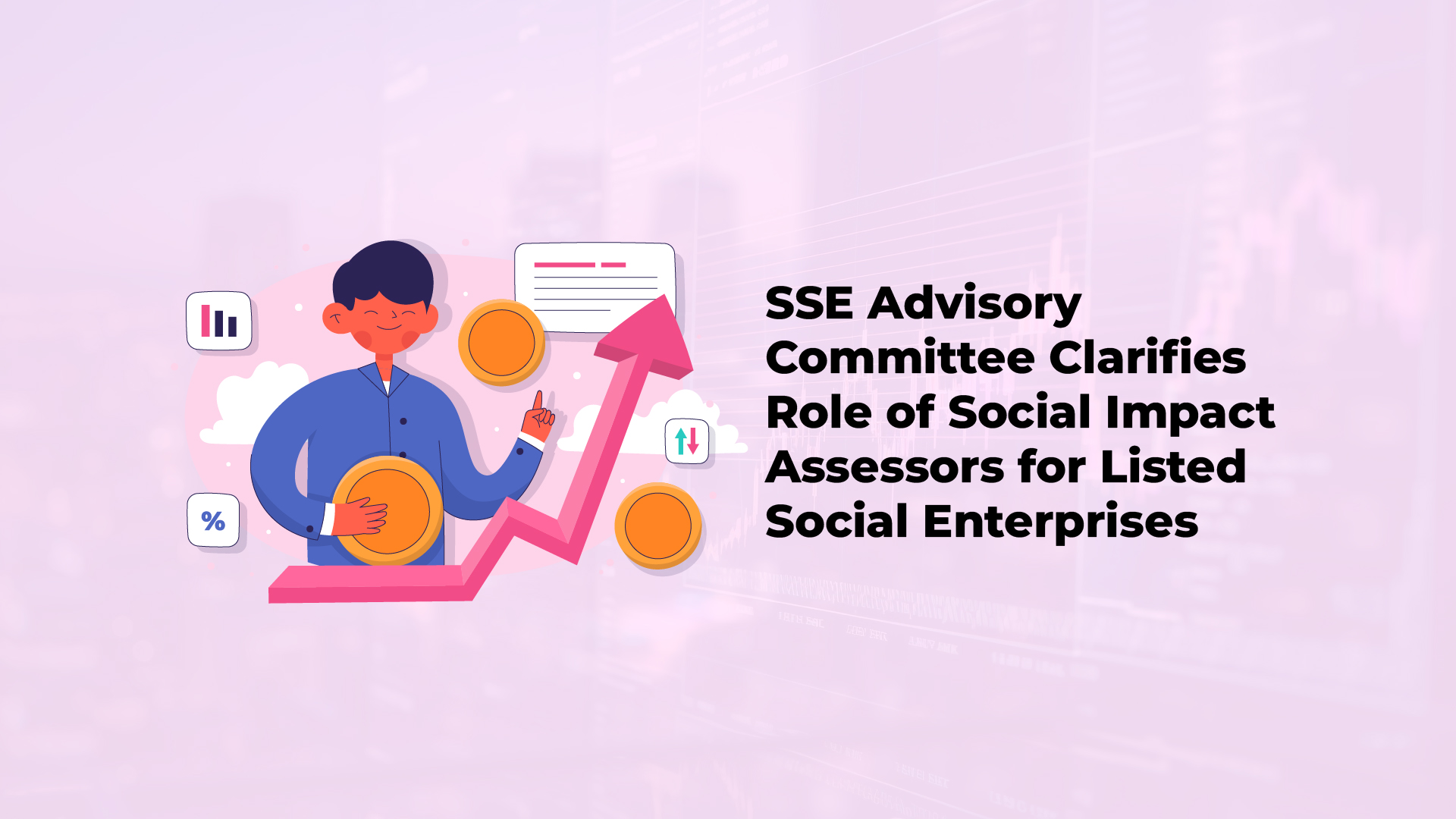SSE Advisory Committee Clarifies Role of Social Impact Assessors for Listed Social Enterprises
In the dynamic world of social enterprises, ensuring that projects deliver meaningful and sustainable impact is paramount. Social enterprises funded by securities listed on the Social Stock Exchange (SSE) of the Bombay Stock Exchange (BSE) or the National Stock Exchange (NSE) must undergo rigorous assessments to ensure transparency and accountability.















































